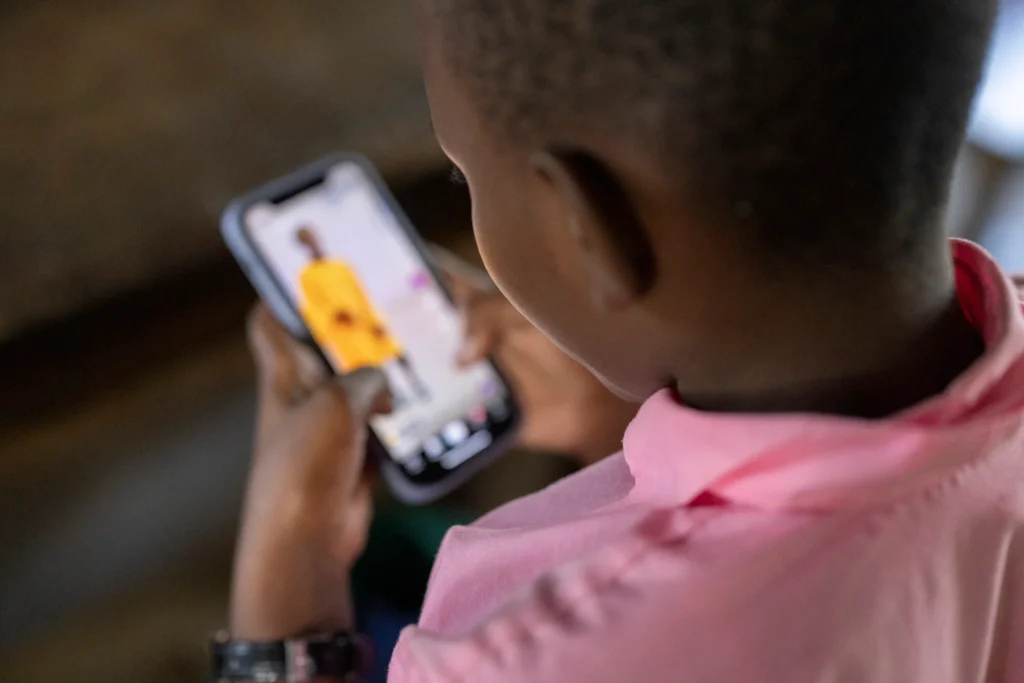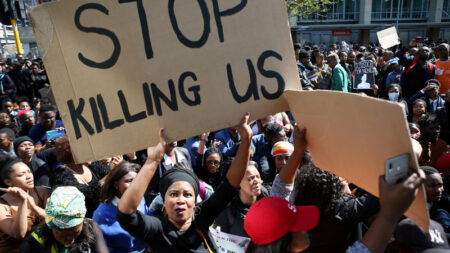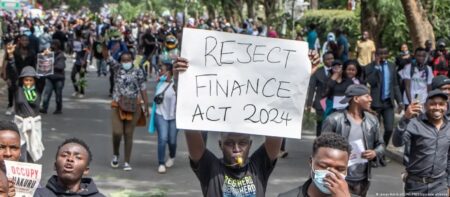- About a fifth of children under 17 have received unsolicited online requests to discuss sex or sexual acts.
- Up to a third of children aged 12-17 in Ethiopia and Mozambique are sharing personal information with strangers online.
- An estimated 13 per cent of 12-17-year-olds in Kenya and Mozambique reported being threatened or blackmailed to engage in sexual activities online.
- A third of 9-17-year-olds in South Africa and over a quarter of 12-17-year-olds in Mozambique went on to have face-to-face meetings with individuals they initially met online.
Fresh reports from two of Africa’s leading child rights groups have uncovered a shocking rise in online child sexual exploitation and abuse across the continent. The African Child Policy Forum (ACPF) and ChildFund’s investigations reveal a deeply troubling trend, with children increasingly becoming victims of online predators.
These findings underscore an urgent need for robust measures to combat this growing menace and protect Africa’s children from such heinous crimes.
Among the most disturbing findings is that in some African countries, around a fifth of children under 17 have received unsolicited online requests to discuss sex or sexual acts. In South Africa, a third of these children subsequently engaged in face-to-face meetings with the perpetrators.
This alarming statistic highlights the vulnerability of young people in the digital age and the pervasive risks they face online. The ease with which predators can contact and exploit children brings up the necessity for comprehensive digital safety education and stronger law enforcement efforts.
Online child exploitation sweeps Africa as virtual lawlessness persists
Dr. Joan Nyanyuki, Executive Director of ACPF, points out that the pervasive attitude of dismissing online crimes as “not real crimes” has fostered an atmosphere of virtual lawlessness.
This misconception allows online sexual predators to operate with impunity, exploiting gaps in legislation and enforcement. The rapid increase in online child exploitation incidents signals that Africa may be the new frontier for such predators, making it imperative for governments and communities to prioritize this issue and implement effective countermeasures.
Even more alarming is the extremely young age of many victims of online child sexual exploitation and abuse (OCSEA). While comprehensive studies detailing the full scope of OCSEA across Africa are lacking, existing surveys indicate that over 60 per cent of unidentified victims are very young children, including infants and toddlers, with 65 per cent being girls.
This demographic data emphasizes the horrifying reality that even the youngest and most vulnerable members of society are not spared from these abuses, demanding immediate and targeted interventions to protect them.
“Inadequate laws and services, including fledgling technology-based surveillance systems and severely underdeveloped digital forensics capacity have created an opportunity and a fertile ground for potential sex criminals,” said Chege Ngugi, Africa Regional Director at ChildFund. “The key question for African countries is whether or not they are adequately prepared to provide greater protection and safeguarding for children online.”
Key report findings on online child exploitation across countries
The findings show that children are increasingly vulnerable to online predators, with up to a third of children aged 12-17 in Ethiopia and Mozambique sharing personal information with strangers online. This alarming behavior highlights the urgent need for better education on digital safety and stricter online regulations to protect young internet users from potential exploitation.
The reports also uncover that 19 per cent of children aged 9-17 in South Africa and 21 per cent aged 15-17 in Uganda received unwanted online requests to discuss sex or sexual acts. Even more concerning, up to 13 per cent of 12-17-year-olds in Kenya and Mozambique reported being threatened or blackmailed to engage in sexual activities online.
These statistics highlight the pervasive nature of online child sexual exploitation and the sophisticated methods predators use to manipulate and coerce their victims. The psychological and emotional toll on these children is immense, necessitating immediate action from authorities, educators, and parents to create safer online environments.
Further compounding the issue, the reports indicate that on average, seven per cent of children shared sexualized images of themselves online. Moreover, a third of 9-17-year-olds in South Africa and over a quarter of 12-17-year-olds in Mozambique went on to have face-to-face meetings with individuals they initially met online.
This dangerous escalation from online interaction to physical encounters highlights the critical need for robust preventive measures and comprehensive support systems for victims. As online child sexual exploitation continues to rise, coordinated efforts from governments, technology companies, and civil society are essential to combat this crisis and safeguard the future of Africa’s children.
Read also: New report exposes alarming rise in remote desktop protocol fraud by cybercriminals











